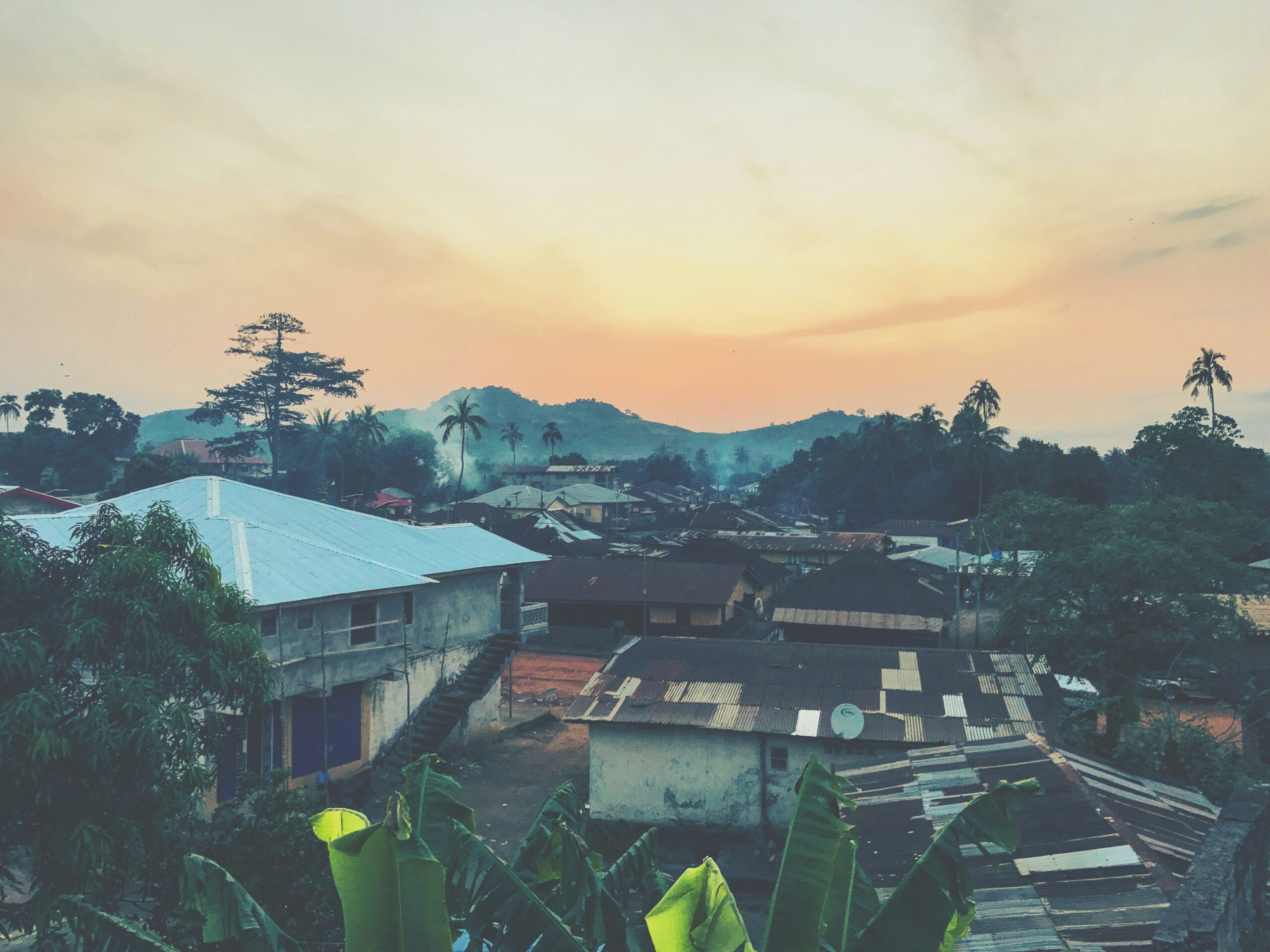Sierra Leone’s Ministry of Health, supported by the WHO, held a high-level dialogue on the draft bill to establish the Sierra Leone Agency for Universal Health Coverage (SLAUHC), aiming to unify and streamline national health financing through integration of the Free Healthcare Initiative and the Social Health Insurance Scheme. This reform seeks to tackle severe issues like excessive out-of-pocket spending, low health protection coverage, and heavy donor dependence, by creating a centralized agency to mobilize resources, improve efficiency, and ensure equitable access to health services for all citizens.
The Ministry of Health of Sierra Leone, with World Health Organization (WHO) support, recently convened a high-level policy dialogue in Freetown to review the draft Sierra Leone Agency for Universal Health Coverage (SLAUHC) Bill. This event brought together more than 60 senior leaders from across the health sector, reflecting its significance in shaping the country’s health financing future. The core objective of the SLAUHC Bill is to establish an agency that unifies the governance and management of two critical national health financing mechanisms—the Free Healthcare Initiative (FHCI) and the Sierra Leone Social Health Insurance Scheme (SLeSHI). This integration seeks to address current fragmentation, make health financing more efficient, and expedite progress toward universal health coverage (UHC).
Stakeholders at the dialogue comprehensively reviewed the draft bill, sought consensus across diverse groups, and ensured alignment with the Ministry’s UHC Roadmap and SLeSHI implementation framework. Dr. Ibrahim F. Kamara, on behalf of the WHO, emphasized the bill’s transformative potential to boost institutional capacity, strengthen accountability, and guarantee equitable access to health services, especially for vulnerable populations. Chief Medical Officer Dr. Sartie Kenneh underscored the need for a sustainable health financing model, noting that no health service is truly “free” and that a balanced approach is essential for comprehensive coverage.
The dialogue acknowledged Sierra Leone’s deep-rooted health system challenges. Out-of-pocket payments account for 56% of total health expenditures—far above the sub-Saharan average—and less than 1% of the population has social health protection, leaving many exposed to catastrophic health costs. Reliance on donor funding (75% of health financing) also impedes coherence with national priorities. Rooted in the 2021–2025 Health Financing Strategy, the bill proposes creating a UHC Fund, integrating it with SLeSHI, and deploying systems for sustainable sector support.
The WHO will continue to provide technical assistance in institutional design and cost-containment, and help develop mechanisms for quality and equity. Once enacted, the SLAUHC Agency will drive resource mobilization, regulate financial flows, and supervise key health programs, enhancing transparency and efficiency. This legislative process represents a crucial step toward Sierra Leone’s goal of health for all, moving closer to UHC and protecting citizens from health-related financial hardship.


